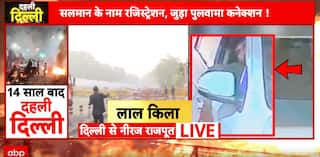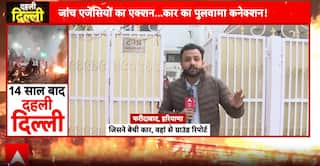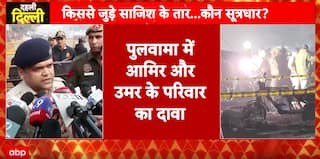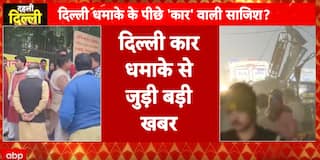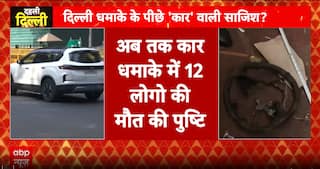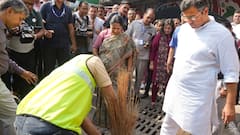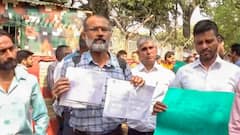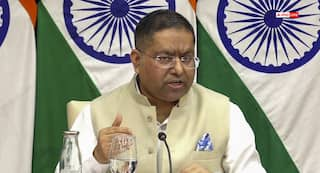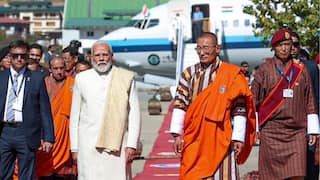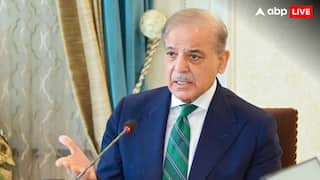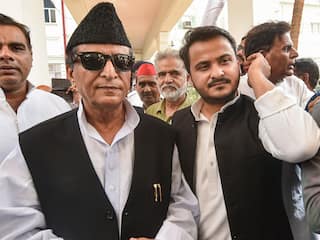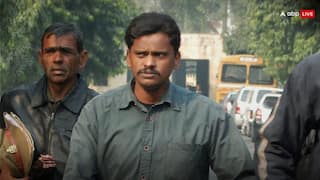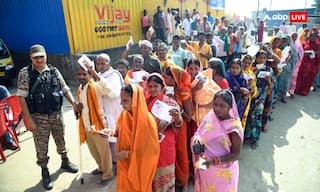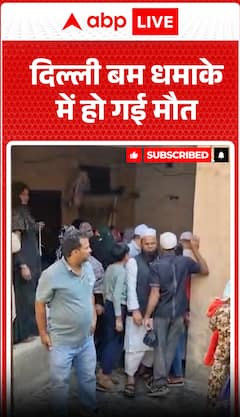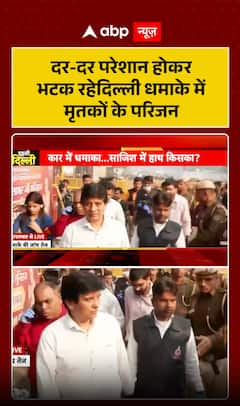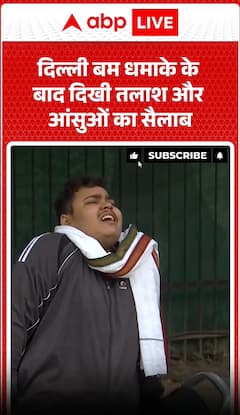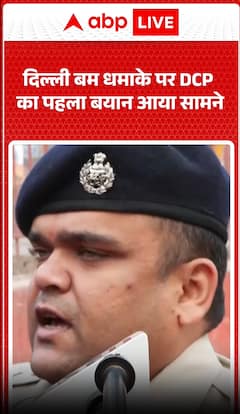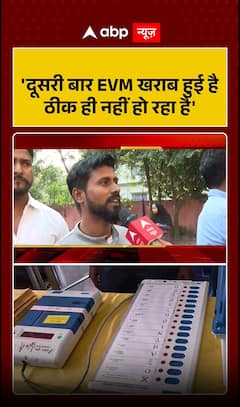(Source: Poll of Polls)
Delhi HC Dismisses Plea Challenging CM Kejriwal's Arrest, Says Custody Is ‘In Pursuance To Judicial Orders’
Delhi High Court dismissed a request to release CM Arvind Kejriwal, arrested in a money laundering case, as unmaintainable. The court deemed the plea 'frivolous' as it criticised the petitioner's lack of standing.

The Delhi High Court has rejected a plea challenging the detention of Chief Minister Arvind Kejriwal in connection with a money laundering case linked to the excise policy case. The court deemed the plea "not maintainable," asserting that Kejriwal possesses the resources to approach the court appropriately.
In a detailed verdict made available on Friday, the High Court stated that the petition was “frivolous” and appeared to be filed with the “intent of garnering publicity”. The bench, comprising Acting Chief Justice Manmohan and Justice Manmeet PS Arora, highlighted the petitioner's lack of standing in seeking relief for the detained individual, according to news agency PTI.
“This court is of the view that the present writ petition which effectively challenges the arrest of the national convenor of AAP … is not maintainable as the said person is in judicial custody in pursuance to judicial orders, which are not a subject matter of the present petition. The petition conspicuously fails to name the person though the identity is apparent due to the references made to his political standing/position,” the bench stated, as quoted by PTI.
The court reiterated the legal requirement for individuals arrested by law enforcement agencies to be presented before the nearest magistrate within 24 hours and emphasised that further detention is permissible only with magistrate orders.
Delhi HC Turns Down Request For ECI To Formulate Policy Allowing Arrested Politicians To Campaign Virtually
Addressing the plea's request for the Election Commission of India (ECI) to be notified of the arrest of political figures during the implementation of the model code of conduct, the court deemed it baseless and undermining existing legal safeguards. “In the facts alleged in the petition similarly, the concerned person (referring to Kejriwal) after his arrest was duly produced before the competent court and continues to remain in judicial custody in pursuance to the orders of the court. Therefore, the direction seeking separate information to ECI has no rationale or basis and undermines the safeguards which exist in law,” it remarked, as per PTI.
The High Court also dismissed the petitioner's request for the ECI to formulate a policy allowing arrested political leaders to campaign virtually during elections. It emphasised that such directives fall outside the judiciary's purview and underscored the ECI's lack of jurisdiction over the rights of individuals in judicial custody.
“It is a settled law that courts do not issue directions which are legislative in nature unless there is a vacuum …. The petition has been filed in ignorance of the doctrine of separation of powers and seeks directions which are legislative in nature and therefore, outside of the power of judicial review. Even otherwise, the ECI does not have any jurisdiction with respect to the rights of undertrials, who are in judicial custody,” the bench emphasised, as quoted by PTI.
While considering imposing costs on the petitioner, the court exempted them after the petitioner's counsel pleaded that the petitioner, Amarjeet Gupta, is a student.
Earlier, the High Court had declined a similar plea, expressing concerns that permitting arrested politicians to campaign virtually could enable notorious criminals to affiliate with political parties and engage in canvassing.
Kejriwal was arrested by the Enforcement Directorate on March 21 in connection with the Delhi excise policy-related money laundering case.
The petitioner claimed that the timing of politicians' arrests, particularly that of the AAP national convener, following the implementation of the model code of conduct for the Lok Sabha polls, aggrieved him.
The plea argued that the electorate's right to receive information from detained politicians, as well as the political leaders' right to campaign during elections, are infringed upon by such arrests.











